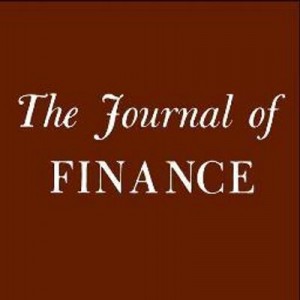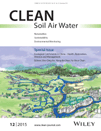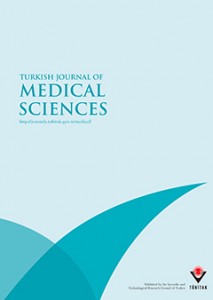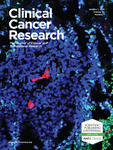 An article about how a COX-2 inhibitor (celecoxib) inhibits growth of prostate cancer in rats is being retracted after the authors were unable to provide an investigation committee at New York University with the backup they were asking for.
An article about how a COX-2 inhibitor (celecoxib) inhibits growth of prostate cancer in rats is being retracted after the authors were unable to provide an investigation committee at New York University with the backup they were asking for.
When the paper was published in 2003, first author Bhagavathi Narayanan worked at the Institute for Cancer Prevention in New York (also known as the American Health Foundation). But when the institute went broke the next year — thanks partly to lavish salaries and offices, as the New York Post reported — the authors claim they could no longer obtain back up for an image in the paper, once it was questioned years later by NYU, where Narayanan is now based.
Here’s the retraction note, published in Clinical Cancer Research:
Continue reading Prostate cancer paper retracted after investigation can’t review original image
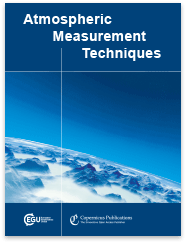 To climate scientist Pieter Tans, a “novel” air sampling device in a recent paper looked a little too familiar. Specifically, like a device that he had invented —
To climate scientist Pieter Tans, a “novel” air sampling device in a recent paper looked a little too familiar. Specifically, like a device that he had invented — 


